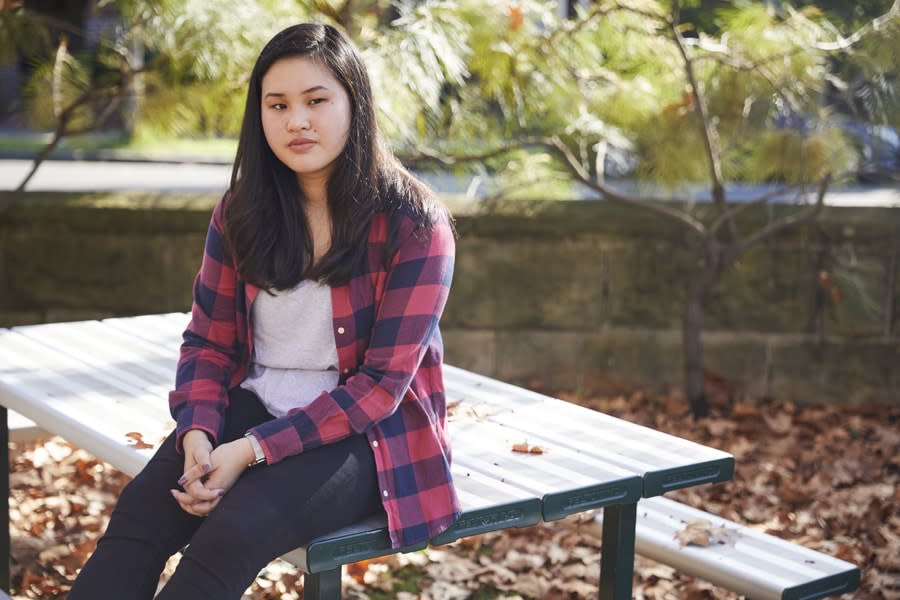How to get help for bullying
If you're being bullied, or have been called a bully, you might be looking for some help right now. We've got some super practical tips that will help you head in the right direction.
1. Don’t try to go it alone
If you can relate to any of the stuff below, then it’s time to get help from an expert.
You worry all the time about someone who is bullying you.
You’re experiencing intense stress, anxiety or depression.
The bullying is affecting your sleep.
No-one else has been able to help.
2. Counsellors and general practitioners (GPs) can help with bullying and relationship issues
Bullying can affect your mental health - and that’s a serious issue.
Our mate Dr Bill Kefalas - an ace GP - says: ‘GPs are uniquely placed to approach a bullying case with empathy and understanding.' They usually have an intimate knowledge of the patient’s social circumstances and can act as an advocate in dealing with the school or workplace.’
3. You can talk to an expert online or over the phone
If you’re worried about privacy and transport, seeing a professional can seem like a no-go. But there’s good news: face-to-face is no longer the only way. Here are some options to get you sorted.
Find a local counsellor online.
Chat to an expert online with eheadspace or Kids Helpline.
Drop into your school or uni counsellor’s office.
Visit a GP. If you need a warm-up before seeing a professional, you can chat to other people like you in the ReachOut Forums.
4. Seeing a professional is usually free or inexpensive, so you can keep your money where you want it
The good news is that most of the options listed above don’t cost anything. School and uni counsellors are free, and so is online help such as eHeadspace and Kids Helpline. If the doctor you choose bulk-bills, that means it’s free and it goes on your Medicare card.
Counsellors do come with a price tag, but your GP can arrange ten sessions with a psychologist on a mental health-care plan. Having the mental health care plan will mean that the psychologist appointments will be cheaper than if you didn’t have one. See here for more information on how to use a mental health plan.
5. Anything you say to a professional is totally confidential
Your privacy is important, so it’s totally fine to want to keep things between you and your professional of choice. Online help is totally confidential, and so are GPs and school/uni counsellors. Unless there’s a risk of serious harm to you or others, you can talk to them about bullying and they’re bound not to discuss what you say with anyone else.
6. It’s their job to make you feel comfortable
If you’re worried about what to say or what will happen when you speak to someone, here's a little info on what will happen, step-by-step.
They’ll ask you questions about what’s going on. They won’t be judgmental, and it’s okay to say if you’re not comfortable talking about something.
They'll give you tips about what you can do to deal with the situation, and tools to help you manage your emotional response.
7. Sometimes you won’t vibe with a professional (and that’s okay)
Seeing a counsellor or psychologist is a little like seeing a hairdresser, in that sometimes you get one you like and other times you don’t. If the first person you talk to just doesn’t get it, then it’s really important to try again.
Whatever you end up doing, remember that it is not your fault that you're being bullied, and nobody expects you to deal with it on your own.
What can I do now?
Ask for advice on the ReachOut Forums.
Chat to a Kids Helpline counsellor.
Learn more about mental health professionals.
